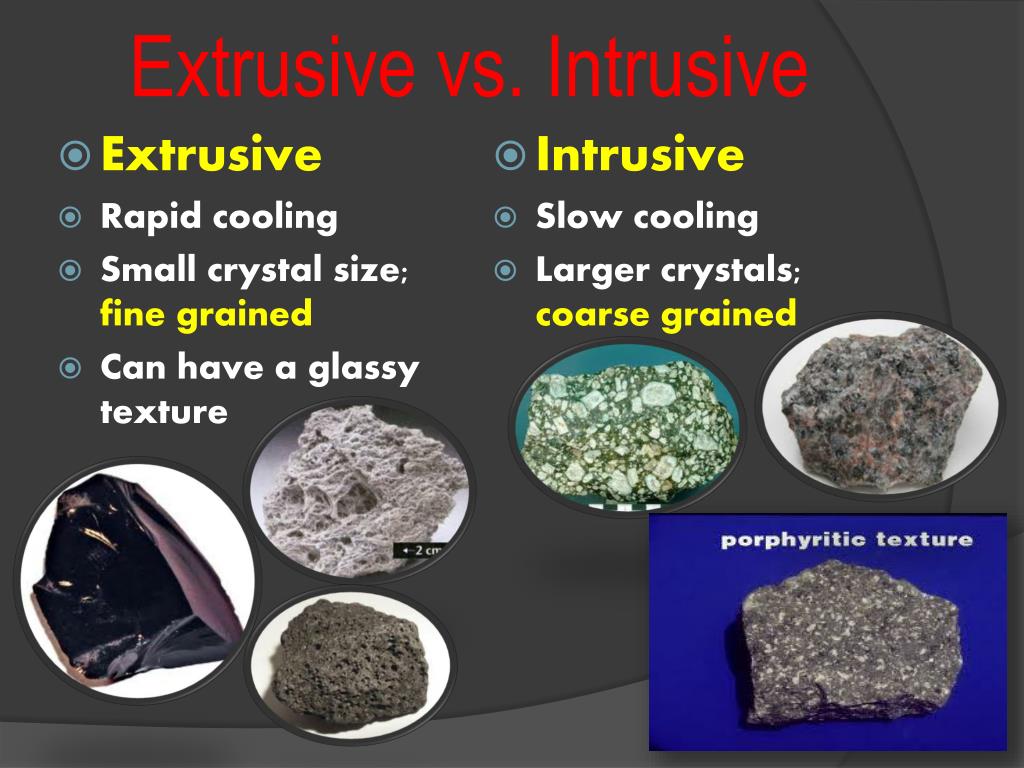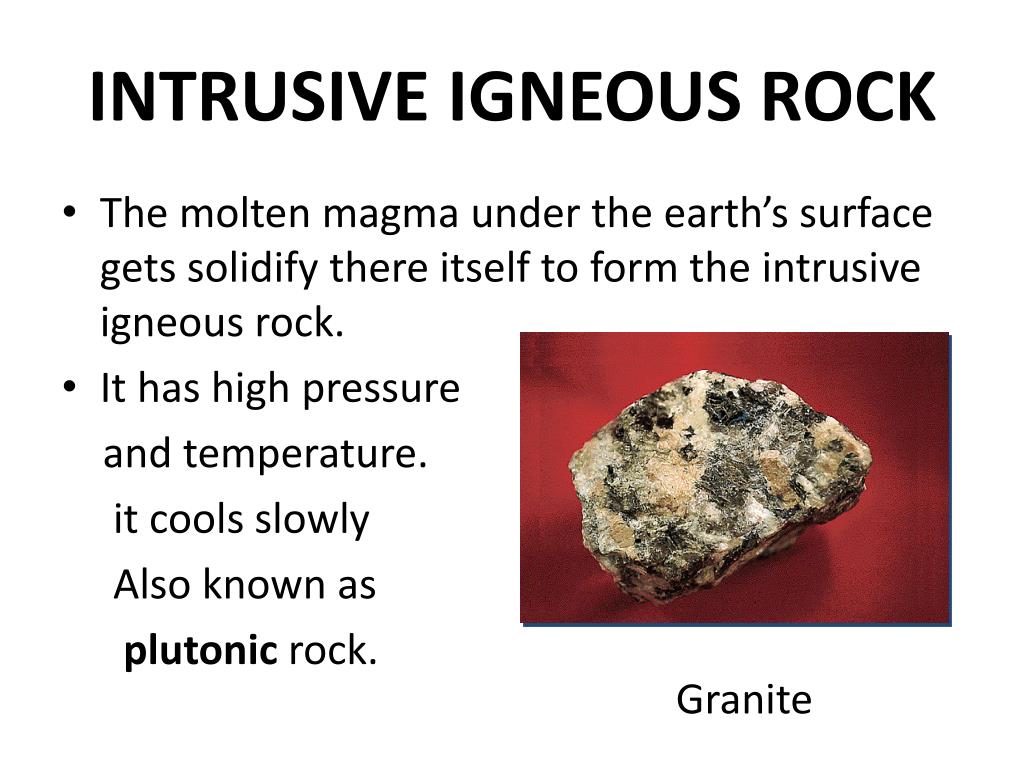Intrusive Meaning - What It Really Means
Have you ever felt like something just pushes its way into your space or your thoughts without an invitation? That feeling, that sense of something showing up where it isn't wanted, is pretty much what we talk about when we mention "intrusive meaning." It’s a word that describes an action or a presence that breaks into your personal bubble, whether that bubble is physical or even just in your head. It’s about things that don't quite fit or that cause a little bit of a stir, and not in a good way, you know?
When something is described as having an intrusive meaning, it often points to a situation where boundaries feel a bit blurred, or perhaps even crossed. It's not just about something being there; it's about its presence causing a reaction, a sort of mild irritation or a feeling of being put out. Think about those moments when you just want to be left alone, and then something or someone pops up, and it just doesn't sit right. That, in a way, is what we're getting at. It's about how something affects you, making you feel a bit unsettled or just plain annoyed, as a matter of fact.
This idea of something being intrusive goes beyond just physical closeness; it can touch on emotions, memories, and even how things are presented to us. It’s a word that helps us put a name to that feeling of discomfort when something is just a little too much, or it shows up in a manner that feels a bit too direct. So, let’s unpack what it means for something to carry an intrusive meaning and how this idea plays out in different parts of our lives, because, well, it pretty much shows up everywhere.
Table of Contents
- What Does "Intrusive Meaning" Really Point To?
- How Do We Spot Something Intrusive?
- Is "Intrusive Meaning" Always a Bad Thing?
- What Kinds of Things Can Be Intrusive?
- Does "Intrusive Meaning" Have Other Uses?
- How Does "Intrusive Meaning" Affect Our Everyday Lives?
- Finding a Balance with Intrusive Moments
- A Closer Look at the Word's Origins
What Does "Intrusive Meaning" Really Point To?
When we talk about the intrusive meaning of something, we are, in essence, pointing to an action or a quality that involves "intrusion." Now, what does that really mean? Well, it means something that comes in without being asked or welcomed. It's like someone walking into your home without knocking, or a thought popping into your head that you just can't shake, even if you want to. It's about things that tend to push their way in, rather than waiting for an invitation, you know? This can be a physical thing, like a camera lens getting too close, or it can be something less tangible, like a memory that keeps replaying itself in your mind.
The core idea behind the intrusive meaning is that there’s a sense of something being forced or entering where it might not belong. It’s not about being invited; it’s about making an entrance, sometimes a rather unwelcome one. This quality of intrusion is what gives the word its particular feel. It carries with it a sense of crossing a line, of stepping over a boundary that might be unspoken but is still there. So, when something is described this way, it’s often because it has that quality of making itself present in a way that feels a bit too much, or just not quite right, actually.
It’s like when a neighbor asks a question that feels a little too personal, or a comment that just sort of lands wrong. It’s not necessarily aggressive, but it’s certainly not gentle either. It’s that pushing-in feeling, that sense of something being a bit too direct, a bit too noticeable, or just simply not respecting the space, whether it’s physical or emotional. This characteristic of intrusion is, in fact, what defines the very essence of the word.
When Something Just Gets in Your Space - Intrusive Meaning
Think about something that just gets right up in your face or seems to invade your personal space. That's a pretty good example of what the intrusive meaning points to. It's not just about being close; it's about being uncomfortably close, or present in a way that feels like it's taking over your area. Imagine someone leaning in a little too far when they talk, or a large object blocking your view in a place where you expect openness. This kind of presence is definitely what we call intrusive.
This feeling of "invading your space" can happen in many different ways. It could be a physical thing, like a poke in the ribs when you're not expecting it, or it could be something that takes up too much of your visual field. It’s about a presence that feels a bit overbearing, that doesn’t give you enough room to just be. This sense of invasion is a key part of the intrusive meaning, making you feel a bit hemmed in or simply not free to move or think without this presence being a factor. It’s like, you know, when you just want a little peace and quiet, and then something just fills it up.
It’s also about how something can show up in a way that feels like it’s taking over your personal bubble. This isn't just about physical distance; it’s also about the emotional or mental space you have. A constant noise, for instance, can feel intrusive because it invades your quiet time. Or, a very strong smell might feel intrusive because it takes over the air around you. The idea is that something is making its way into your personal zone without your permission, and that, arguably, is what makes it feel so, well, intrusive.
How Do We Spot Something Intrusive?
Spotting something that has an intrusive meaning often comes down to how it makes you feel. It's not always obvious from the outside, but it certainly leaves a mark on your inner state. When something is intrusive, it tends to affect you in a way that causes annoyance and makes you feel a bit uncomfortable. This feeling isn't necessarily about anger, but more about a low-level irritation or a sense of unease that just sort of hangs around. It's like a small pebble in your shoe; not debilitating, but definitely noticeable and a little bothersome.
This feeling of being affected in an annoying or uncomfortable way is a pretty clear signal that something might be intrusive. It’s that subtle shift in your mood, that slight tightening in your shoulders, or that little sigh you let out without even realizing it. These are all signs that something is making its presence felt in a way that isn't quite welcome. It’s about the impact it has on your personal well-being, on your peace of mind. So, if you find yourself feeling a bit bothered or just not at ease, that’s often your cue that something intrusive is at play.
It's not always about a big, dramatic event. Sometimes, it's the little things that add up. A repetitive sound, a person who asks too many personal questions, or even a picture that’s just a little too bright in your line of sight. These things, when they affect you in that annoying, uncomfortable way, are good examples of how to spot something that carries an intrusive meaning. It's about how they disrupt your sense of calm or your personal comfort zone, you know?
The Feel of Annoyance and Discomfort - Intrusive Meaning
When something has an intrusive meaning, it really gets at that feeling of annoyance and discomfort. This isn't just a fleeting moment of irritation; it's something that tends to linger, making you feel just a little bit off. Imagine a situation where you’re trying to concentrate, and there’s a constant, low-level buzz in the background. It might not be loud, but it’s there, always present, and it just sort of chips away at your peace. That’s the kind of annoyance we’re talking about.
The discomfort that comes with something intrusive is also a key part of it. This isn't about physical pain, but more about a feeling of unease or a lack of personal space. It’s like when someone stands a bit too close during a conversation, making you want to take a step back. Or, perhaps, when a topic comes up that you really don’t want to discuss, and it just keeps being brought up. This feeling of being put on the spot, or having your personal boundaries pushed, creates that sense of discomfort that is so tied to the intrusive meaning.
So, if you find yourself feeling slightly bothered, or like your personal bubble is being invaded, you're probably experiencing something with an intrusive meaning. It’s that feeling of being disturbed, or of having your mood or your life affected in a way you really don't like. This is, in fact, a very good indicator of an intrusive presence or action. It’s about how something makes you feel, deep down, when it just doesn’t respect your personal space or your peace.
Is "Intrusive Meaning" Always a Bad Thing?
It’s interesting to think about whether the intrusive meaning is always, without exception, a negative thing. While the general sense of the word points to something unwelcome, there are situations where a presence, though noticeable, doesn't quite cross that line into being truly bothersome. For instance, the original text mentions that "The cameras were not an intrusive presence." This suggests that even if something is physically present and noticeable, it doesn't necessarily have to be annoying or upsetting. It depends on how it behaves, or how it's managed, you know?
Similarly, the idea that "Staff are courteous but never intrusive" really highlights this point. Here, the staff are present, they are there to help, but they don't overstep. They don't make you feel uncomfortable or annoyed. This shows that the quality of being intrusive isn't just about presence, but about the *manner* of that presence. If something is handled with care and respect for personal space, even if it's "there," it avoids having that negative intrusive meaning. It’s about a balance, arguably, between being present and being respectful of boundaries.
So, while the word itself often carries a negative connotation, the actual experience of something being "intrusive" can vary. It depends on the context, the intent, and how the presence or action is carried out. A gentle, respectful presence, even if it’s constant, might not be intrusive at all. It’s more about the feeling it creates in the person experiencing it, rather than just the fact of its existence. This is, in some respects, a subtle but important distinction.
Thinking About Unwanted Memories - Intrusive Meaning
Sometimes, the intrusive meaning isn't about something external at all; it's about what goes on inside our own heads. The text mentions "Intrusive memories of a lost love." This is a powerful example of how something can be intrusive without being a physical object or person. These are thoughts or images that pop into your mind, perhaps when you least expect them, and they just sort of stick around, even if you wish they wouldn't. They can be quite disturbing, irritating, or even just plain worrisome.
These kinds of memories are intrusive because they force their way into your consciousness, affecting your mood and your life in a way you might not like. They might bring up feelings of sadness or longing, and they can be hard to push away. They are, in a way, invading your mental space, making it difficult to focus on other things or to feel at peace. This is a very personal kind of intrusion, one that happens within your own mind, and it can be just as impactful as any external presence.
So, when we talk about intrusive memories, we are really talking about thoughts or images that feel like they're breaking in. They are uninvited guests in your mind, and their presence can be quite bothersome or annoying. They can make you feel a bit unsettled, or like you're losing control over your own thoughts. This particular aspect of the intrusive meaning shows how wide-ranging the word can be, covering not just physical interactions but also the very private workings of our inner world.
What Kinds of Things Can Be Intrusive?
The concept of intrusive meaning applies to a wide variety of things, both big and small, tangible and intangible. The source text gives us some pretty clear examples that help us get a handle on this. For instance, "Nosey questions, a poke in the ribs, and a hovering mother are all intrusive." These examples really paint a picture of what we're talking about. Nosey questions are intrusive because they pry into your personal business, making you feel exposed or uncomfortable. They are too direct, perhaps.
A poke in the ribs, on the other hand, is a physical intrusion. It's someone touching you without your permission, making you feel startled or annoyed. It's a clear invasion of your physical space. And a "hovering mother" — that's a classic example of a presence that is just a little too close, a little too involved, making you feel watched or controlled, even if the intention is good. These are all things that tend to intrude, to push their way into your space or your thoughts.
Beyond these specific examples, we can see how the idea of something being "too direct" or "easy to notice" plays into the intrusive meaning. If something is very obvious, or if it comes at you without any subtlety, it can feel intrusive. The constant presence of the media, as mentioned, can be very intrusive because it's always there, always watching, always asking questions, making it hard to have a private moment. It's that feeling of being under a microscope, which can be quite upsetting.
From Questions to Hovering Presences - Intrusive Meaning
Let's think a bit more about the specific examples that highlight the intrusive meaning. Nosey questions, for example, are a type of verbal intrusion. They are questions that go beyond polite conversation, digging into areas that you might consider private. They make you feel like your boundaries are being tested, or simply ignored. This kind of questioning is bothersome because it doesn't respect your personal space in a conversational setting.
Then there’s the physical side, like a poke in the ribs. This is a very direct way something can be intrusive. It’s an uninvited touch, a physical act that breaks into your personal bubble. It can be startling, or just plain irritating, because it's a sudden, unwanted contact. This shows how the intrusive meaning can be very immediate and physical in its manifestation.
And, of course, the "hovering mother" is a perfect picture of an intrusive presence. This isn't about malice, but about a constant, close presence that makes you feel like you don't have enough room to breathe or make your own choices. It's a feeling of being constantly overseen, which can be very annoying and make you feel uncomfortable. These examples, so, really help to show the different shapes that an intrusive meaning can take in everyday life.
Does "Intrusive Meaning" Have Other Uses?
It’s quite interesting that a word like "intrusive" can have meanings that stretch beyond just human interaction and feelings. While we mostly think of it in terms of annoyance or discomfort, the word also has a very specific, technical use, particularly in the field of geology. This shows that the core idea of "intrusion" – of something forcing its way in – can apply to natural processes as well as human ones. It’s like, you know, the word has a double life, in a way.
When we look at the definition from the Oxford Advanced Learner's Dictionary, it notes that "intrusive" can refer to a rock that has been "forced between preexisting rocks or rock layers while in a molten or plastic" state. This is a completely different context, but it still holds onto that core idea of something entering or pushing its way into a space where it wasn't originally. It's a powerful force, like molten rock, that literally intrudes upon existing rock formations.
So, while the feeling of an intrusive memory or a nosey question is very personal and emotional, the geological use of the word is purely descriptive of a physical process. It tells us that the fundamental concept of "intrusion" is about something making its way into an existing structure or space. This just goes to show how words can have multiple layers of meaning, some of which are quite far removed from our everyday experiences, but still connected by a central idea.
When Rocks Get Intrusive - Intrusive Meaning
Let's take a moment to consider the less common, but still valid, intrusive meaning related to rocks. Imagine deep underground, where immense heat and pressure exist. Here, molten rock, which is basically very hot, melted stone, can be pushed upwards. When this liquid rock, sometimes described as being in a "plastic" state because it can flow, forces its way into cracks or spaces within older, already solid rock layers, it’s called an intrusion.
So, a rock that is formed this way, by molten material pushing into existing rock, is an "intrusive rock." It's not about being annoying or bothering anyone, of course, but it perfectly fits the idea of something being "forced between preexisting rocks or rock layers." It’s a very literal interpretation of the word "

PPT - Rocks PowerPoint Presentation, free download - ID:2393160

PPT - IGNEOUS ROCKS PowerPoint Presentation, free download - ID:6500863

PPT - IGNEOUS ROCKS PowerPoint Presentation, free download - ID:6500863